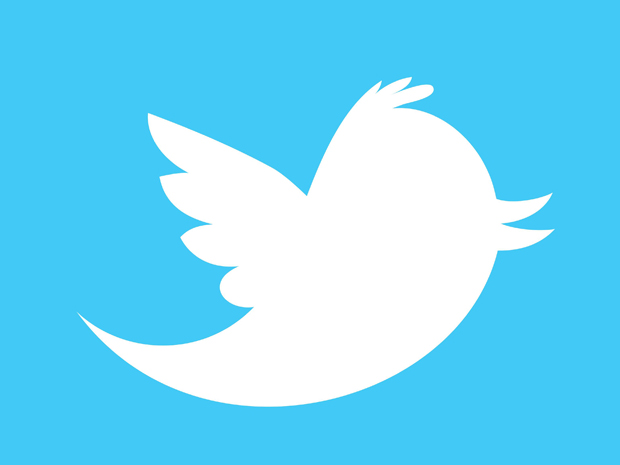
Twitter is the latest to run afoul of Silicon Valley by becoming, in essence, a media company. Twitter is fully in the advertising business. It’s how the company plans to support a huge communications infrastructure — with big brand dollars. Big brands like predictability. They don’t like utopian visions of open APIs and streams and ads that are run everywhere, in God knows what environments. That means Twitter the media company needs to control the experience, Valley beliefs in open platforms aside. That’s rankled some feathers, as The Verge notes.
[Twitter] doesn’t want to deal with fragmentation across different services, where it would have to work with API partners to ensure advertising and rich media was being properly displayed. This would become increasingly challenging, as sources familiar with Twitter’s plans say that it’s hoping to bring a number of new services into the Twitter stream, everything from booking a restaurant reservation to purchasing an item to playing a game.
That’s probably good news for mainstream Twitter users, but it’s bad news for the developers that bet their businesses on a privately owned platform. Read the full article at The Verge.
More in Media

In Graphic Detail: The scale of the challenge facing publishers, politicians eager to damage Google’s adland dominance
Last year was a blowout ad revenue year for Google, despite challenges from several quarters.

Why Walmart is basically a tech company now
The retail giant joined the Nasdaq exchange, also home to technology companies like Amazon, in December.

The Athletic invests in live blogs, video to insulate sports coverage from AI scraping
As the Super Bowl and Winter Olympics collide, The Athletic is leaning into live blogs and video to keeps fans locked in, and AI bots at bay.





